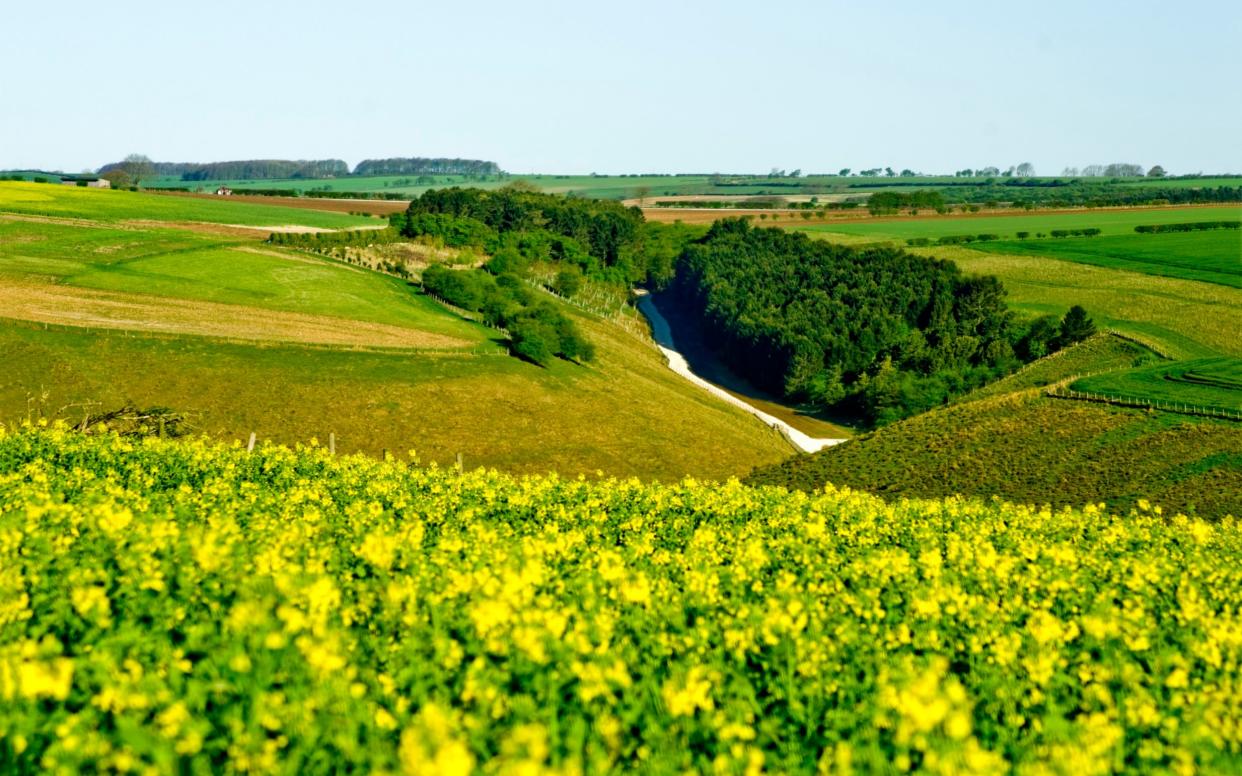English farmers to lose at least 50 per cent of direct subsidies by 2024

Farmers in England will have their direct subsidies cut at least 50 per cent by 2024 under post-Brexit reforms to agricultural policy to be announced on Monday.
The £1.8bn paid out annually to farmers based on their acreage is to be gradually replaced with a scheme that pays for public goods such as clean air, water and improved biodiversity.
Although the new scheme is yet to be fully designed, ministers are keen to push ahead with cuts to direct payments from next year.
By 2024, farms receiving annual subsidies of £30,000 will face cuts of 50 per cent, while any amount above that and below £50,000 will be cut 55 per cent, rising to 65 per cent for any amounts up to £150,000 and above that payments will be cut 70 per cent.
Around half of the basic payment goes to just 10 per cent of larger farms, with a third of farms receiving less than £5,000 each.
Farming groups have broadly welcomed the shift away from the £3bn Common Agricultural Policy, which was considered inefficient and blamed for encouraging poor environmental practices.
But while all of the subsidies will be put back into the agricultural sector under various grants and pilot schemes, there is a concern that some businesses could fall through the cracks during the transition.
Cuts to the payments start from 5 per cent next year, but the replacement Environmental Land Management Scheme will not be fully in place until 2024.
Martin Lines, the chair of the Nature Friendly Farming group, said he feared there would still not be enough information forthcoming next week for farmers to plan for the immediate future.
“Many businesses are only now getting the information and we’ve already planned our crops and are rearing our animals for the next two years,” he said.
The National Farmers Union and others have called for a delay to the transition of at least a year, given the impact of Brexit and the coronavirus pandemic on trade.
A Defra spokesperson said: “Our future farming policy will create cleaner, greener landscapes, helping build towards the government’s environmental goals and net zero commitments.
“As we phase out direct payments over the seven-year agricultural transition period, we will offer financial assistance to help farmers prepare, and invest in ways to improve their productivity and manage the environment sustainably.”
Scotland and Wales have not progressed as far as Defra in developing plans to reform their agricultural sectors.

